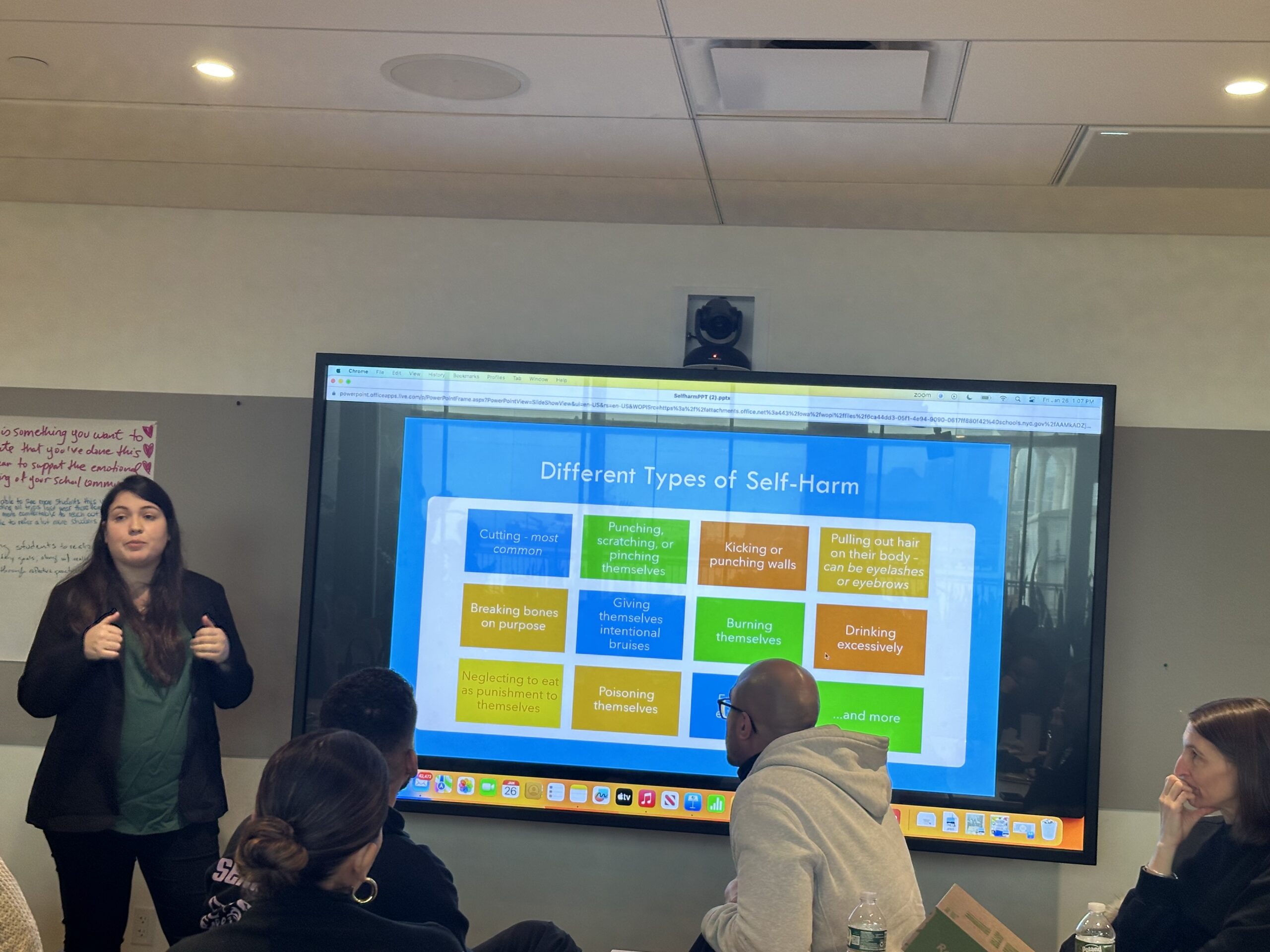
Gerda presenting at the Consortium, Internationals, and NYC Outward Bound (CIOB) Schools counseling meeting last month.
The road Gerda Gonzalez, LMSW, took professionally to become a social worker was not a straight path, but today, she’s confident it led her to the right destination.
Gerda serves as school-based clinical coordinator at Pan American International High School in Elmhurst, Queens. She manages the school’s mental health wellness center and also sees clients in therapy.
The Child Center of NY provides school-based mental health (SBMH) services at 11 NYC public schools. In-school counseling programs overcome common barriers to mental health treatment by offering services to young people in the convenient space of their schools. The Child Center’s SBMH programs operate on three levels: mental health educational services to the entire school community, selective services with children who might be at risk, and targeted services in the form of therapy.
Pan American International High School is home to students who have immigrated to the United States within the past four years. As a first-generation American who lived outside the U.S. for part of her childhood, Gerda understands the challenges and traumas young people face when they arrive in a new country with an unfamiliar culture and language. In honor of Social Work Month, we asked Gerda about the role social work plays in easing the transition for these young immigrants so they can develop positive coping strategies and flourish.
The Child Center of NY: You told us you never intended to become a social worker. How did that happen?
Gerda Gonzalez, LMSW: Both of my parents are immigrants. My mother is from Bolivia, and my father is from Spain. Spanish was the only language spoken in my home growing up. I started first grade here in the U.S., but I grew up for some years in Spain and returned to the U.S. when I was in 10th grade. When it was time to choose a career path, I knew I wanted to help kids that age, so I became an English teacher. I taught ninth and 10th grade English for two years. I realized I didn’t like the teaching aspect as much as I liked interacting with students and supporting them with their emotional needs. A lot of them would come to me and tell me what they were going through, and I didn’t have the skills to support them. That’s when I realized what I wanted to do: become a social worker.
What led you to The Child Center?
I got an internship with Yessenia Rodriguez at The Child Center’s old Elmhurst Clinic. This was in March 2020—right at the beginning of the [COVID-19] pandemic! But mental health services are considered essential, so the work of the clinic never stopped. I worked with families with children ages 0-5. We did a lot of work around providing guidance to parents so they could develop their parenting skills and best support their kids. When I completed the internship, Yessenia was like, I don’t want The Child Center to lose you! She was transitioning to the perinatal program. Since it was new, there weren’t any positions available, but Yessenia alerted me to openings elsewhere at The Child Center. Due to my background as a teacher and first-generation American, I applied for a school-based mental health position at Pan American. That was in January 2021, and I’ve been here ever since!
What kind of mental health issues are you seeing at your school?
The population I work with is mostly students who have been in the U.S. for less than 4 years. I can kind of put myself in their position. Coming to a new country in the middle of high school is a big transition. There is definitely immigration trauma. Students often come from really difficult circumstances, left family behind who they really loved, and are in a completely new environment. All of those pieces create a cluster of trauma. Here, there is an individualistic approach that is unfamiliar to people from Central and South America, where the culture is more about the group, everyone working together, supporting each other. Here it’s more about doing things on your own and what you can accomplish individually. For example, in the countries they come from, you get eggs from your aunt, milk from a neighbor … everyone helps each other out. When families come here, they have to get used to everything being more separate.
Of course, there is also the language issue. All students at Pan American speak Spanish and learn English as they go through high school. I provide therapy in both languages. In therapy, you want to be comfortable, you don’t want language to be a barrier, so usually sessions are in Spanish. But by 12th grade, some students choose to have sessions in English.
Recently, I’ve been seeing a lot of self-harm. During the pandemic, and now from the effects of the pandemic, there has been a lot of depression and risk of suicide. With time, I’m seeing more anxiety and self-harm. Students often don’t know how to manage their emotions. Self-harm is their coping strategy. It’s easier to think about negative coping strategies than positive ones. It’s quicker, you immediately feel relief, and so you end up resorting to that instead of trying positive methods, which they may not be aware of since they are not as popular in the media and other aspects of their life.
What are some positive coping strategies you help students develop?
Deep breathing exercises, art as a medium, going for a walk, exercising, creating positive self-talk … even writing on a sticker, “You’ve got this today!” can help shape your day and manage your emotions. Journaling is another great strategy. When students feel overwhelmed, I help them create a list—seeing it in writing makes it easier for them to understand how to shape their day—and understand time management.
You recently presented on self-harm at the Consortium, Internationals, and Outward Bound (CIOB) Schools counseling support meeting. Please tell us about it!
The meeting was for social workers and counselors to discuss building a culture of prevention and how to support students who are self-harming. I do presentations here at Pan American—it’s part of the work I do here as lead clinical coordinator. So when Tania Romero, supervisor of social workers at CIOB schools, needed speakers for the event, my colleague Karla Pina, a social worker on the school guidance team, said, “I thought of you immediately!” I said yes because I see so much of it [self-harm].
I think it went well. I was able to present to school social workers and guidance team members from more than 15 different schools in the NYC area, so that was very exciting. It was a great opportunity to talk about self-harm; there are a lot of myths and misunderstandings around it. For example, there is a myth that students who self-harm are suicidal, but that’s not always the case. Many don’t want to die; they are self-harming so as not to get to that point. They are more at risk to consider suicide, but they still have hope, which is important to highlight, and to work from.
Can you talk about a particularly memorable or rewarding experience as a social worker?
Of course, there’s Breinny! There is also a student I started working with when he was in 10th grade. He was from Colombia, from a town full of gang violence. When he came here, he had a survival mentality because of what he faced in his home country. His anxiety was very bad; he struggled to sit still and experienced panic attacks. He didn’t care about his classes or studying; he wanted to leave school and start working so he could help his grandma, still in Colombia, financially.
We worked together until he graduated last year. He learned to manage his anxiety very well—I say “manage” because anxiety never goes away, you just learn how to manage it—so that it no longer affected his day-to-day activities. He also started realizing goals he had for himself. He realized he loved photography. I encouraged him to think about what it would look like if he studied, the possibilities that could give him for the future. That helped him with the motivation piece. He was very bright, but he didn’t know how to use his intelligence in a way that benefited him. I connected him to resources at school—one of the wonderful things about Pan American is all the resources to support students!—to help him with his classes. He put in the effort and got his grades up. I encouraged him to apply to college. One of the schools he was interested in was FIT [Fashion Institute of Technology], for fashion photography. It seemed like a great fit. He got in, and he’s at FIT right now!
That is wonderful! It really speaks to the rewards of social work. As we all know, there are also challenges. What are some of the challenges you have experienced as a social worker?
For me, one of the biggest challenges is wanting to be able to do more and just not being able to, due to time constraints and limited availability. We have a waitlist for students, and it weighs on me. I would love to be able to service them all, but I know that I cannot take on more clients with my current caseload. As a whole, I believe that some of the struggles of being a social worker, in general, center around wanting more resources for your clients than what is available.
Are you glad you became a social worker?
Yes, I’m very glad! Through the work I am doing—even if it is on a micro level—I am making a difference for my clients and their families. As the daughter of immigrants, being able to work with adolescents who recently arrived in the country fills me with purpose and hope that we all are continuing to work toward creating a healthier environment for everyone in New York City. Aside from this, the time I have spent being a social worker also has helped me to reflect on myself and my own identity in a way that I might not have been able to do otherwise—especially as a first generation American.
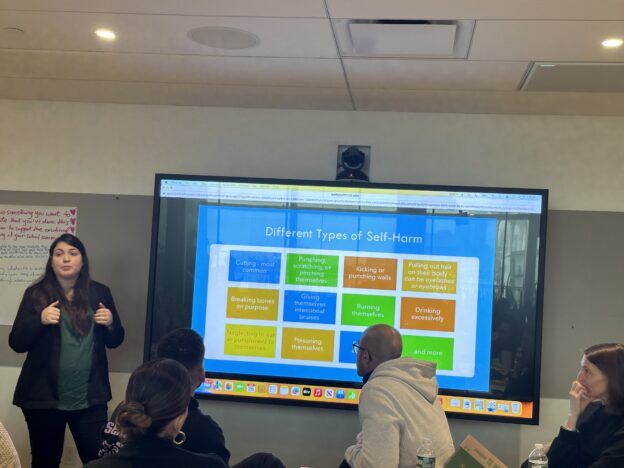
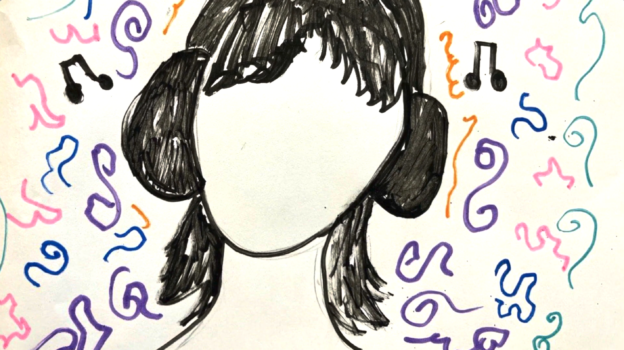
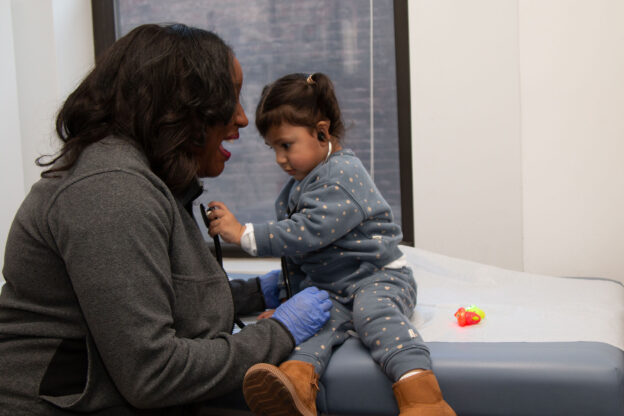
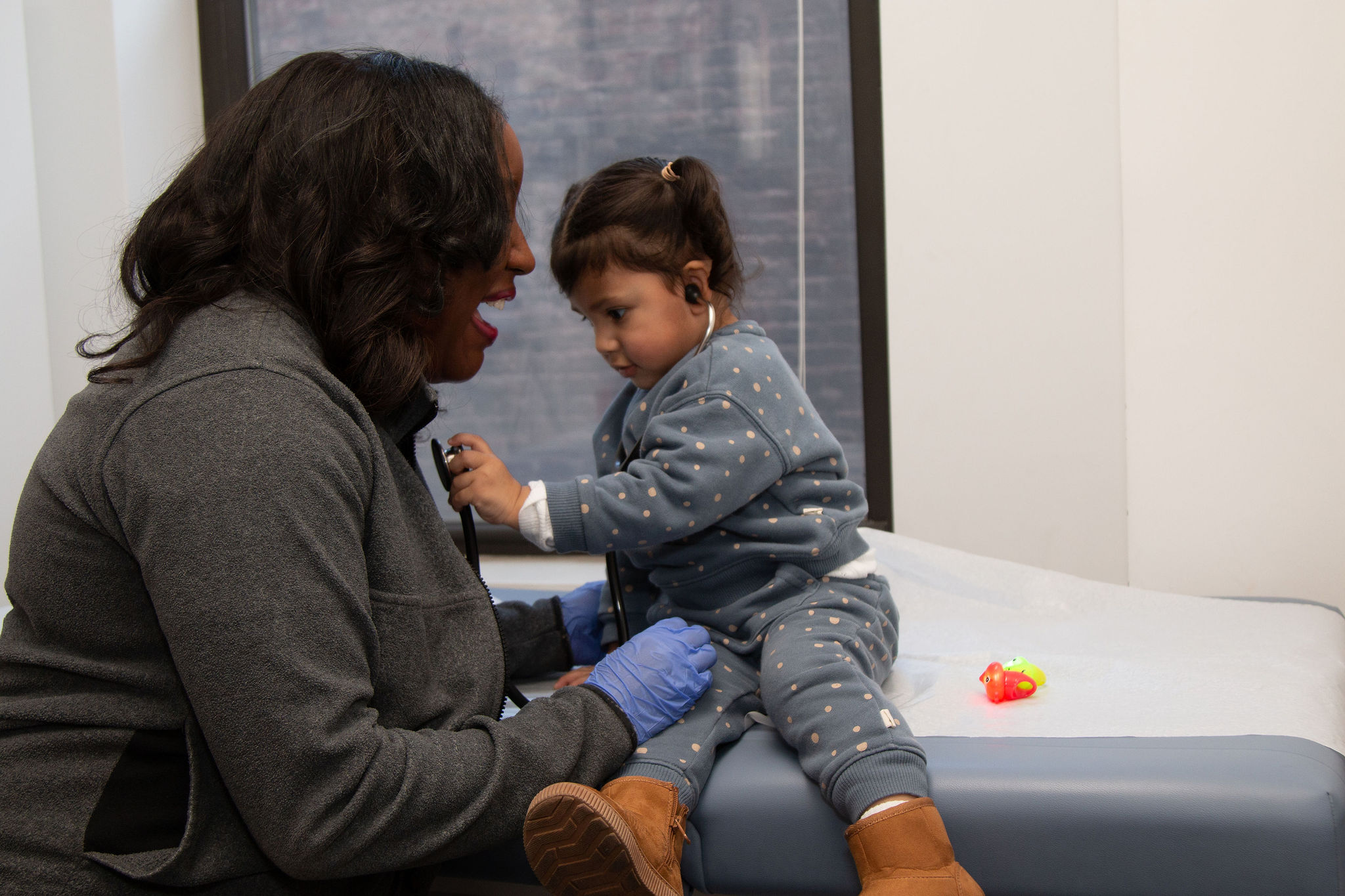
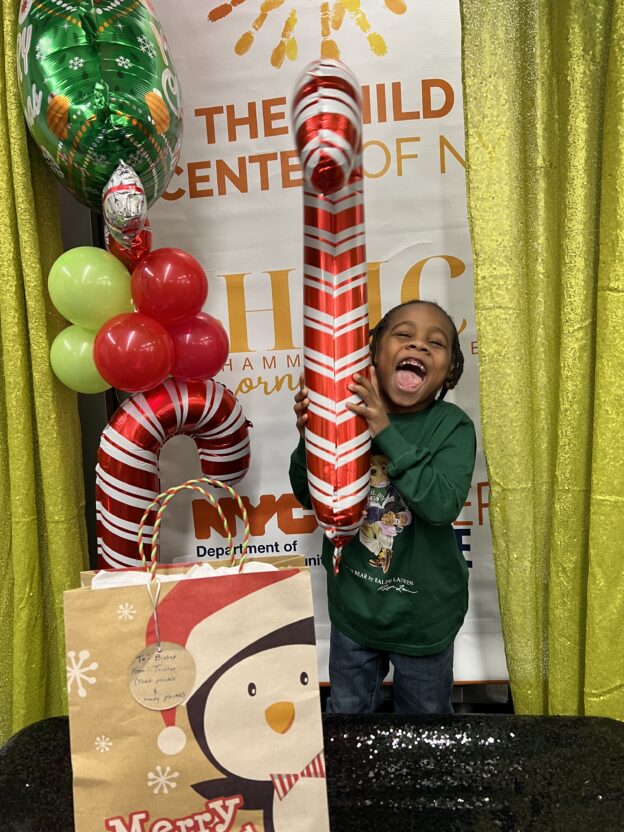
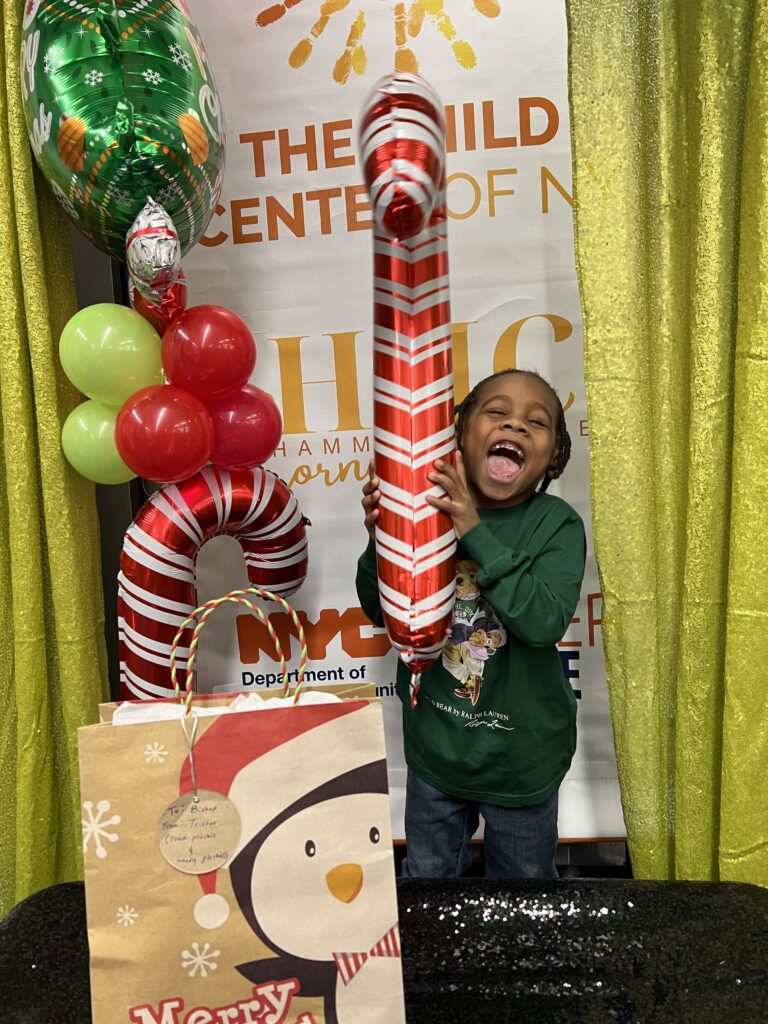 Bishop, 5, just started his first year at
Bishop, 5, just started his first year at 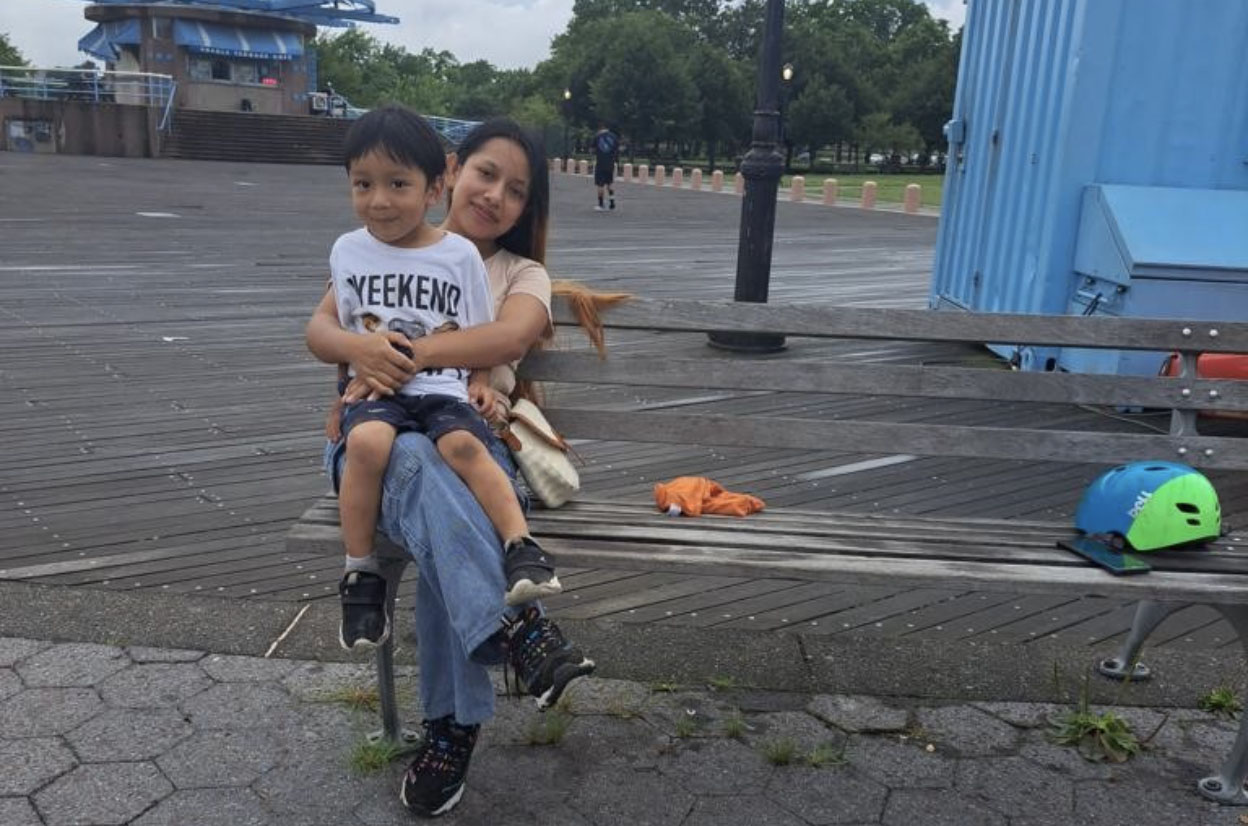
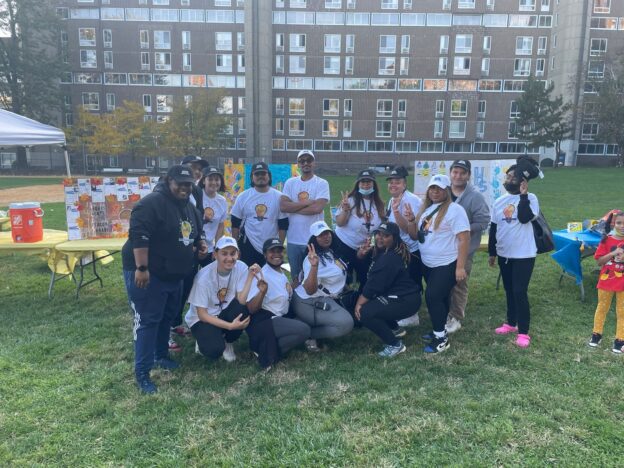
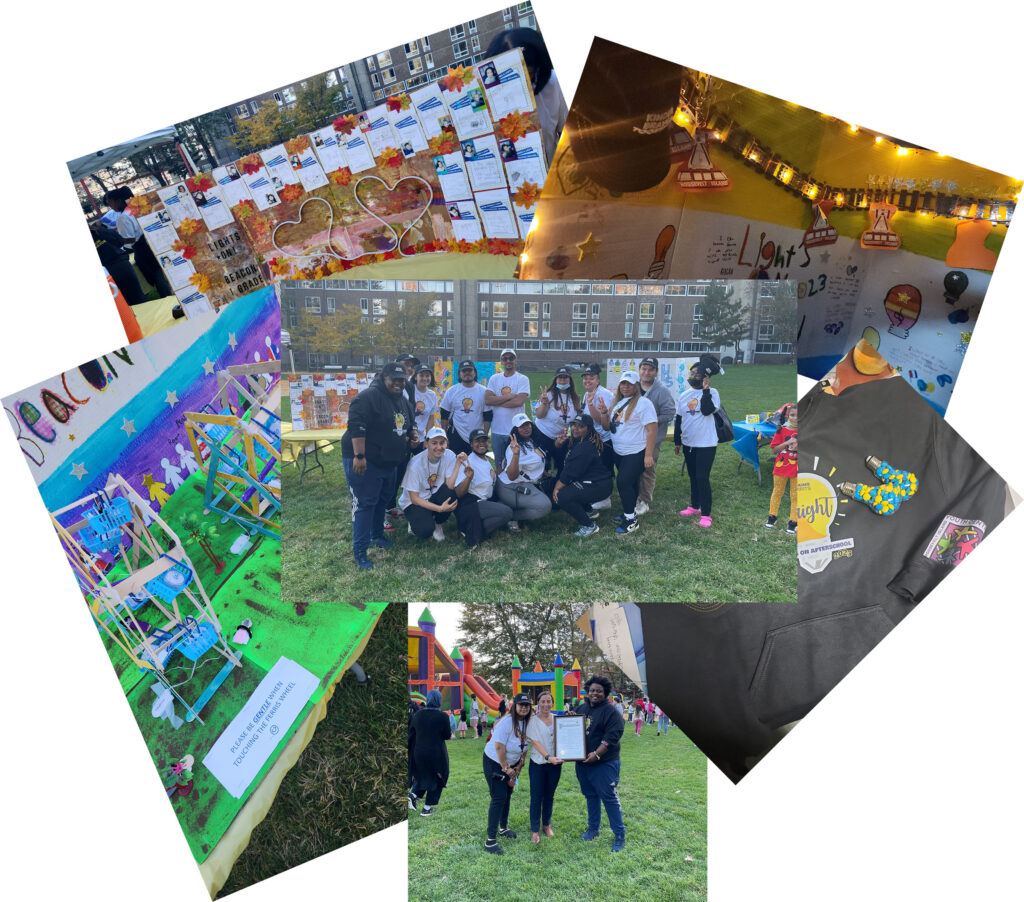
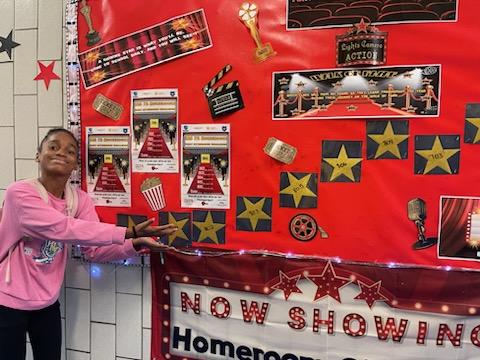
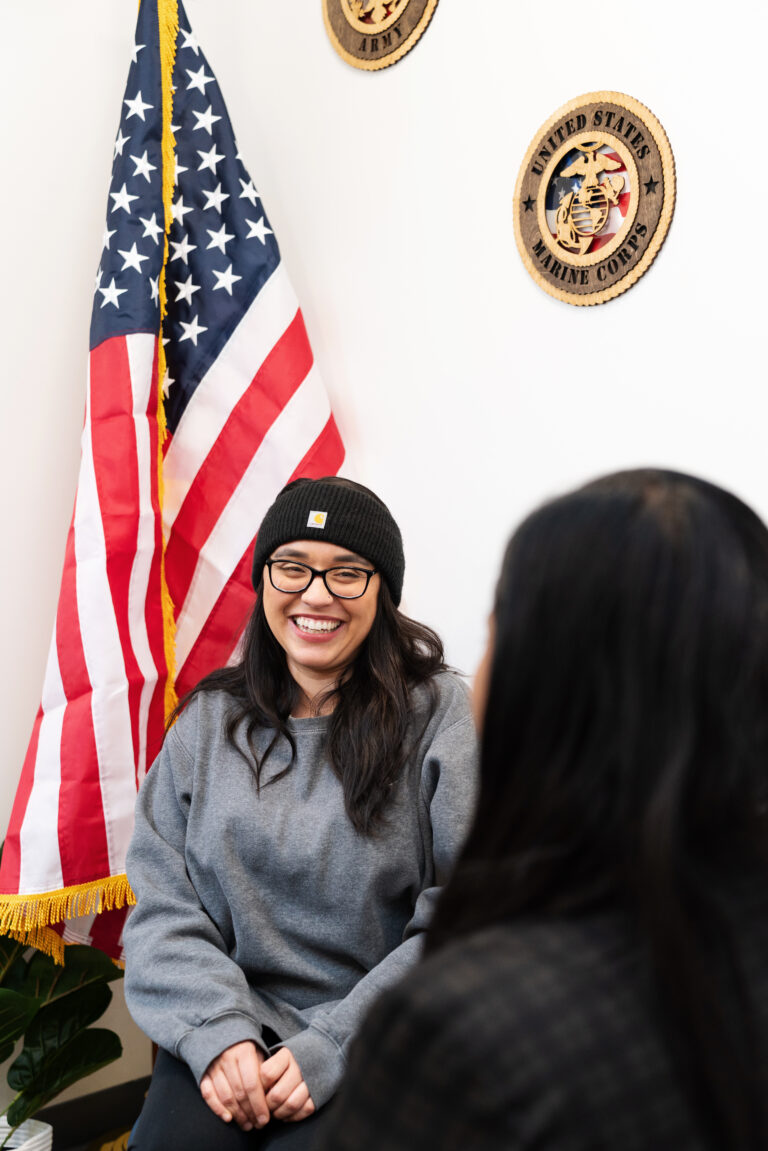
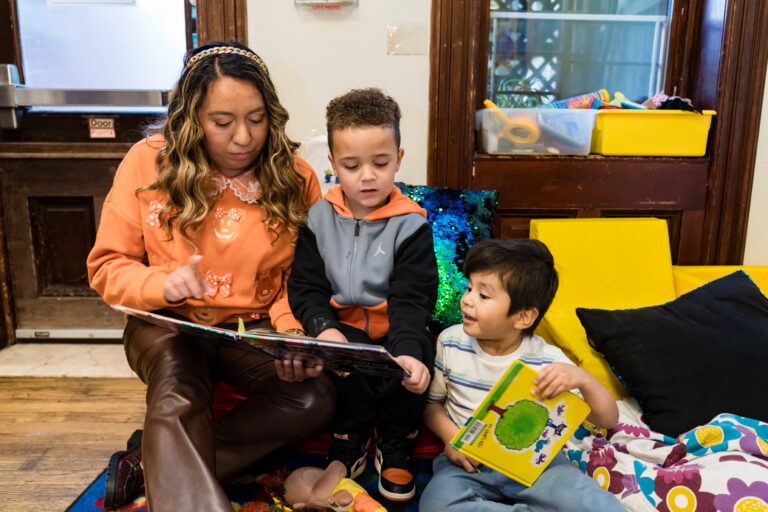




You must be logged in to post a comment.